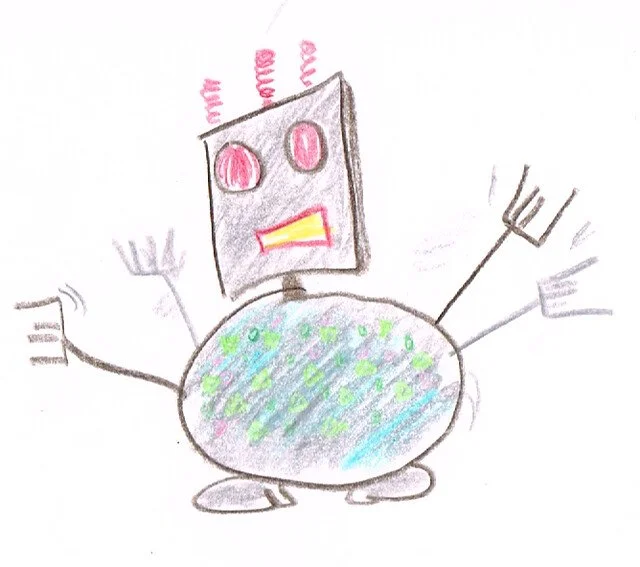I’ve been experimenting a lot with using AI. Not for creative writing I should add: I think AI has a long way to go before it will tempt me to eschew the likes of David Foster Wallace, Nabakov or Orwell. But for helping one think and, I’m sure, for admin, I think it’s a game-changer.
Regarding the latter, I can’t speak from experience because for meaningful tasks one needs upgrade from the free account. Claude, for example, can analyse documents and statistics, but the free version only lets you upload a small data set.
Interestingly, the Department for Education in England is running a study on how AI might be used for marking work and other admin. They are also concerned, as ever, with teacher workload and well-being, but have not explicitly linked to two areas. From my experience at working with the DfE (or, rather, its previous incarnations), I should imagine that the people working on those two areas don’t know of each other’s existence, much less organise something jointly.
Anyway, here are my suggestions, numbered for ease of reference rather than order of importance:
Create a syllabus
Create lesson plans
Create handouts
Create artwork to use in handouts and posters
Create tests and model answers
Create scenarios with suggested answers
Analyse data
Summarise documents…
… and provide recommendations
Provide a critical analysis of a piece of creative writing.
I feel I should make clear that I am perfectly capable of undertaking these tasks myself. But the difference is that whereas it might take me at least a whole day to write a syllabus and the plans for each lesson, Claude, ChatGPT or Perpelxity van do it in minutes. So the way I see it, AI can very quickly make suggestions, which you and your team can discuss and tweak as required.
I’m not convinced of AI’s usefulness in marking complex work, for the simple reason that if a student came up with a highly original and interesting approach to solving a problem, would AI know how to assess it? The example I always think of in this context is that of the economist Keynes. When he was asked how come he failed his Economics exam, he replied that it was because he knew more about Economics than his professors. They were assessing him according to the conventional wisdom prevailing at the time, but Keynes had started to think very differently. Still, I’ve tested it anyway.
I’ve written up my findings in a 33 page pdf. At the moment it’s available only to subscribers to my free newsletter, Digital Education, as part of the Digital Education supplement. But I will publish my findings here, in instalments, over the coming weeks.




